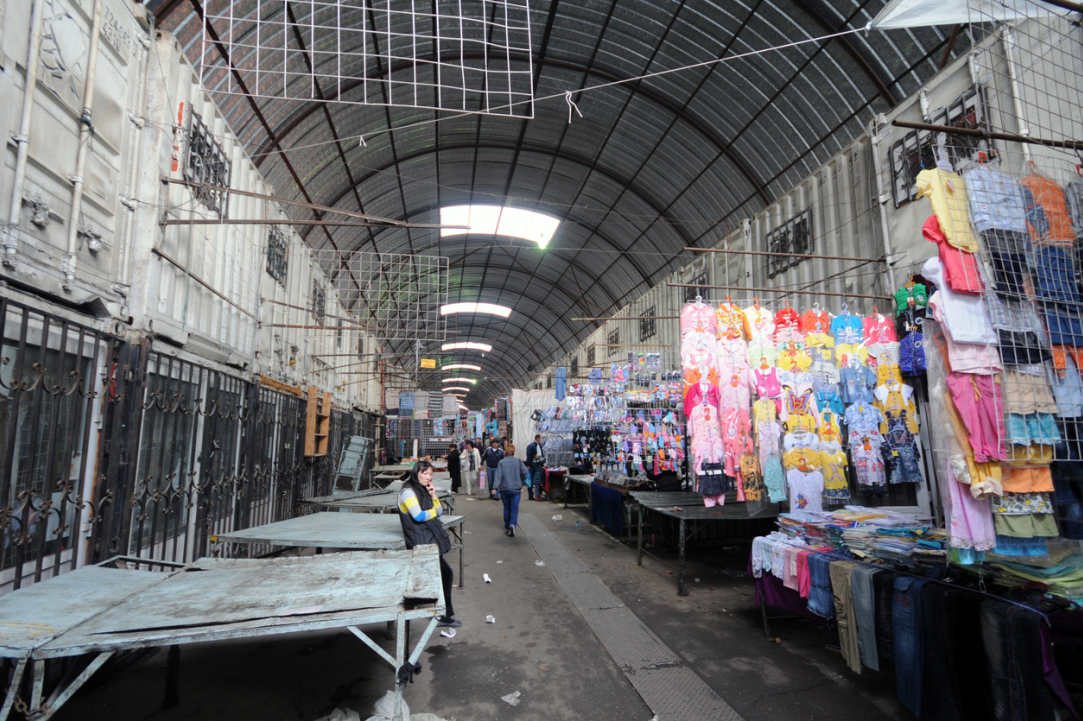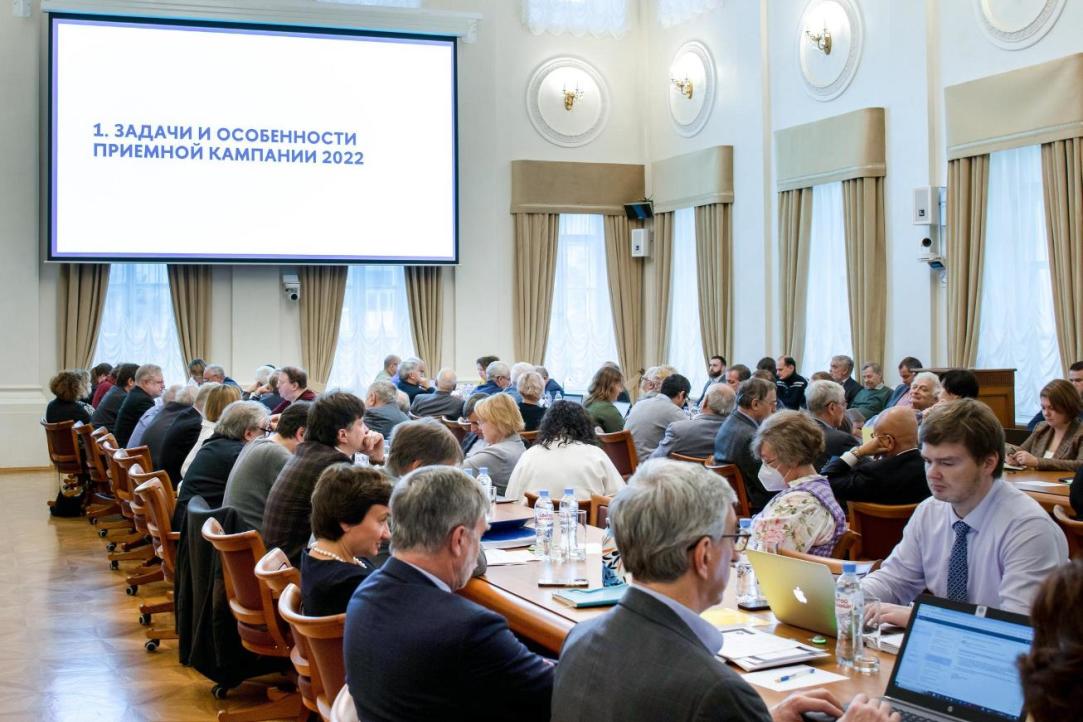
The Informal Economy and Post-Soviet Transition
The informal economy is a global phenomenon found in both developed and developing countries. There remains no consensus among academics about how the informal sector impacts overall economic growth. Elena Kalmychkova and Alexander Lipanov of Lomonosov Moscow State University and HSE University examined the informal economic sectors of former Soviet republics and found that regardless of any potential negative impact, these informal economies eventually helped people adapt to a post-transition free market environment.

HSE Academic Council Sums Up the Results of Admission Campaign
For the first time, HSE University has moved up to second place based on the average score of applicants enroled on state-funded bachelor's programmes. The implementation of the concept of ‘four campuses — one university’ has led to an increase in the number of applicants and the quality of admissions at the regional campuses. As well as this, enrolment on online programmes has increased by more than 50%. Despite a slight reduction in the number of international applicants due to external factors, the university has maintained its rigorous selection policy for prospective students. Among foreign countries, China has the largest number of students applying for HSE’s master’s programmes.

Applications for International Study Tour Experience Open Until October 31
Registration is now open for the international Study Tour Experience, which gives foreign master’s applicants an opportunity to spend two weeks living as HSE University students and choose a master’s programme for further study. The Study Tour Experience will take place from November 14–28 and is available both online and in-person. Russian- and English-taught tracks are available. Participants are selected based on motivation letters.

